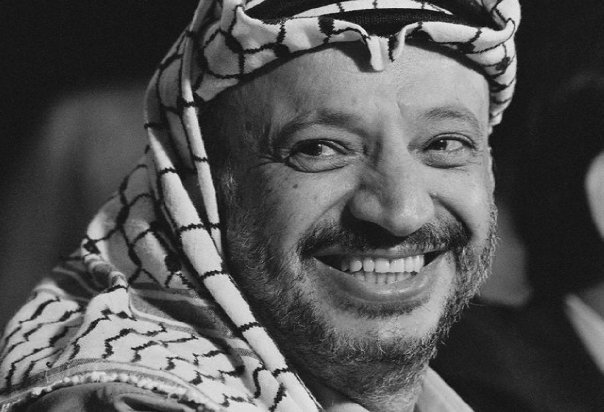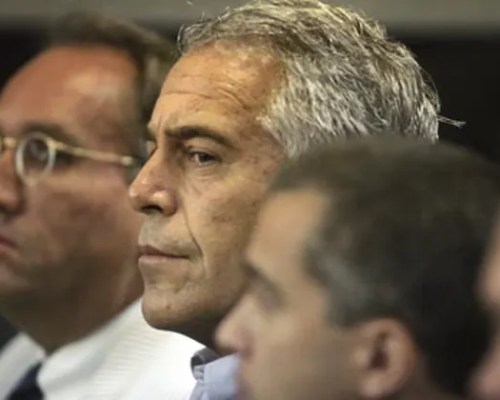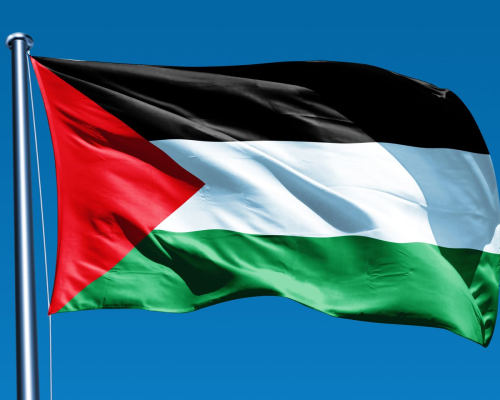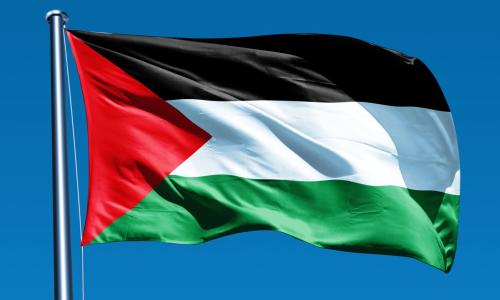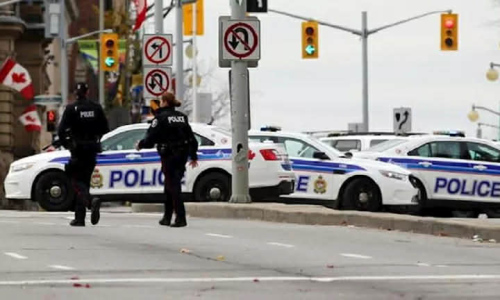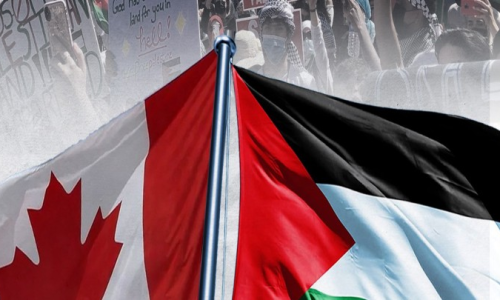By Taghreed Saadeh
In the ongoing debate surrounding the legitimacy of criticizing Hamas following the catastrophe in Gaza and the events of October 7, 2023, many claim that any critique of the resistance is tantamount to betrayal—or even a stab in the back of the martyrs.
But a closer look at modern Palestinian history reveals that resistance is not a sacred entity immune to error. Internal critique is a key condition for political maturity and ethical survival.
The late President Yasser Arafat embodied this understanding. Despite his historical role as the leader of the Palestinian national movement for decades, he never treated himself as a “political prophet.” He acknowledged mistakes at pivotal moments and opened the door to public self-reflection and review.
After the events of Black September in Jordan in 1970—a bloody confrontation between Palestinian factions and the Jordanian army that resulted in thousands of Palestinian casualties—Arafat admitted that the PLO made mistakes in how it handled internal Jordanian affairs. In later statements, he expressed regret over the use of arms in an Arab country, saying: “The Palestinian presence in Jordan at times overstepped the boundaries.”
This was a rare instance of political recognition that resistance must correct itself, not persist blindly in error.
During the 1982 Israeli invasion of Lebanon and the siege of Beirut, the PLO faced one of its harshest trials. Arafat later admitted—implicitly if not explicitly—that the armed struggle in Lebanon sometimes lacked political wisdom and that the complexities of the Lebanese sectarian and political landscape had not been properly understood.
As he later put it: “We should have protected the revolution, not drowned it in calculations beyond our control.” And also: “We erred when we acted as a state within a state.”
Several memoirs and political studies note that when divisions began to emerge within the PLO in the 1970s, Arafat did not respond with accusations of treason, but instead called for internal dialogue and acknowledged flaws in the organization’s decision-making processes. In National Council sessions, he admitted regret over the lack of consultation and the “monopoly of decisions,” calling for “a unified national decision-making process.”
Following the signing of the Oslo Accords, Arafat faced harsh criticism from within Palestine and was accused of “selling out.” In later years—especially after the failure of negotiations and Israel’s refusal to implement its commitments—Arafat made his position clear:
“Oslo was not a victory. It was an attempt to gain whatever we could, but Israel never honored its obligations. We must reassess everything.”
He also said: “Give us a state, and I’ll be the last to carry a gun. But they wanted authority without sovereignty.”
These statements prove that Arafat never fled from accountability. He confronted his decisions with honesty—without disowning resistance. In fact, resistance remained his chosen path, as seen in his role in launching the Second Intifada and even attempting to procure weapons from Iran—despite being accused of restricting fighters to preserve agreements with the occupation.
Notably, this is similar to what Hamas itself has done: signing ceasefire agreements with Israel and clamping down on factions or individuals who attempted to launch rockets or violate the terms of those truces.
While besieged in his Ramallah compound, Arafat told members of the Palestinian Legislative Council:
“We are not infallible. We made mistakes, and we must correct them.”
This was a historic moment of honesty—not weakness—because he understood that a true leader does not defend his mistakes but seeks to fix them.
In light of this history, the question must be asked: Why is it forbidden to criticize Hamas today? Why is every critic branded a traitor or an enemy of the resistance?
Criticizing Hamas is not an attack on the principle of resistance—it is a rejection of its monopolization, and a call to correct its course.
Calling for accountability does not mean aligning with the occupation; it means standing with the people—those who were sent to death, displacement, and poverty without consultation, protection, or political clarity.
If Yasser Arafat—with all his legacy and revolutionary symbolism—never considered himself above criticism and openly admitted his mistakes, then that is the model Hamas should reflect upon today.
Silence in the name of “national unity” or the “sanctity of blood” is complicity, not loyalty. Criticizing Hamas today is a political and moral necessity, not a betrayal of the resistance.
True resistance does not fear criticism—it considers it a moral compass.

